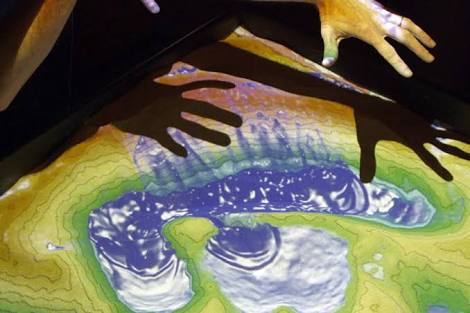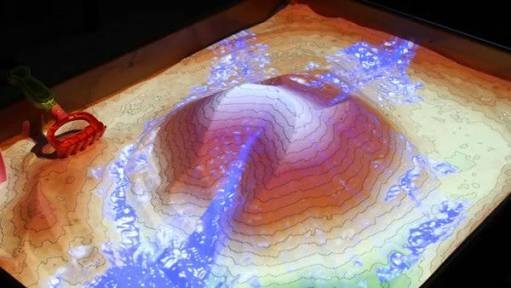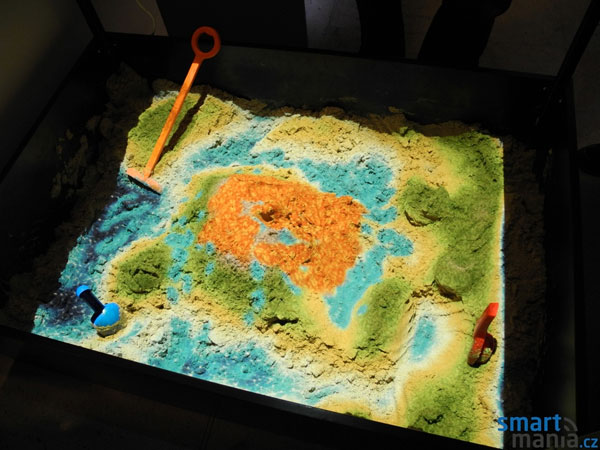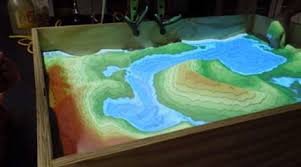.jpg)
Envision a scene you can grasp and change voluntarily – chiseling geology and guiding water stream to take care of land-administration issues running from disintegration to out of control fire administration to national stop openness.
Helena Mitasova is an educator of marine, earth and barometrical sciences at NC State and partner chief of geovisualization in the Center for Geospatial Analytics. Because of her work on the Tangible Landscape venture, specialists, urban organizers, biologists and anybody engaged with dealing with the land can get continuous criticism about how their undertakings may influence scene forms.
.jpg)
How does Tangible Landscape function? Pick a zone of intrigue: your neighborhood, fields depleting into a stream or an obstruction island on the shoreline of North Carolina, for instance. Using spatial information from that area, Tangible Landscape causes you to make a three-dimensional scale model of it utilizing active sand – yes, a similar sort of sand you see publicized to youngsters on TV. An aeronautical photograph of a similar area is anticipated onto the completed physical model and a 3-D scanner enrolls any progressions made to the model, bolstering them into a geospatial reproduction program. The recreations can speak to water stream, storm surge flooding, sunlight based vitality potential or other scene forms. This ceaseless data criticism circle enables the client to shape or change different highlights on the model and see the impacts continuously.

"We've created Tangible Landscape applications which enable clients to assess the effects of development on disintegration and stormwater spillover, investigate approaches to shield beach front homes from storm surge flooding, outline nature trails with low environmental effect, control fierce blaze spread or investigate situations for treatment of sudden oak demise in Northern California," Mitasova says.
"The framework enables members with various foundations to team up on finding compelling answers for arrive administration issues."
.jpg)
Mitasova and Ph.D. understudies Anna Petrasova, Brendan Harmon and Vaclav Petras created Tangible Landscape using GRASS GIS, an open source geospatial data programming bundle initially created by the U.S. Armed force Construction Engineering Laboratories, right now utilized by specialists and professionals all inclusive and upheld by a worldwide advancement group.
This post recieved an upvote from minnowpond. If you would like to recieve upvotes from minnowpond on all your posts, simply FOLLOW @minnowpond
Downvoting a post can decrease pending rewards and make it less visible. Common reasons:
Submit
Nice
Downvoting a post can decrease pending rewards and make it less visible. Common reasons:
Submit